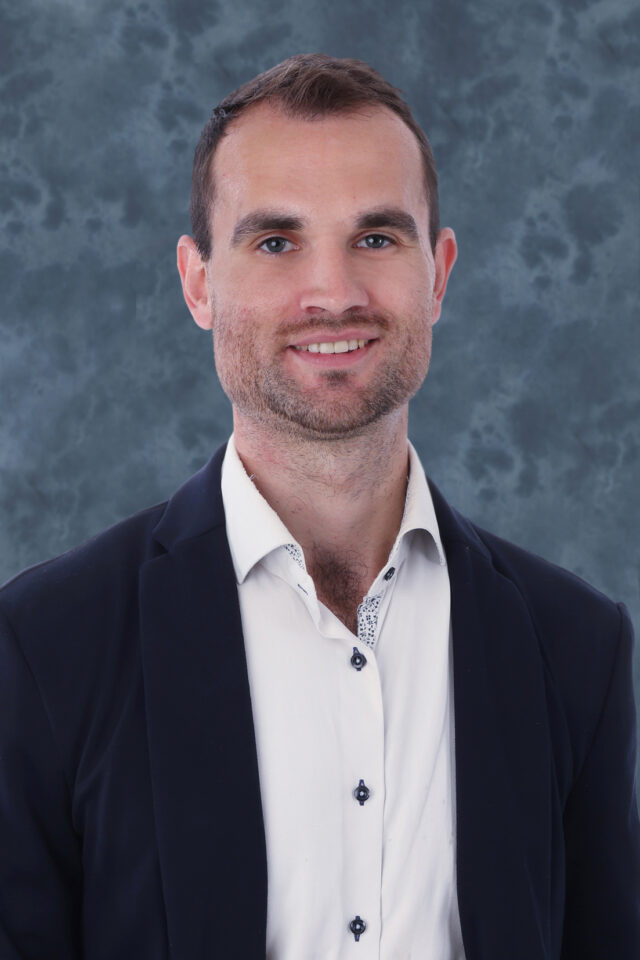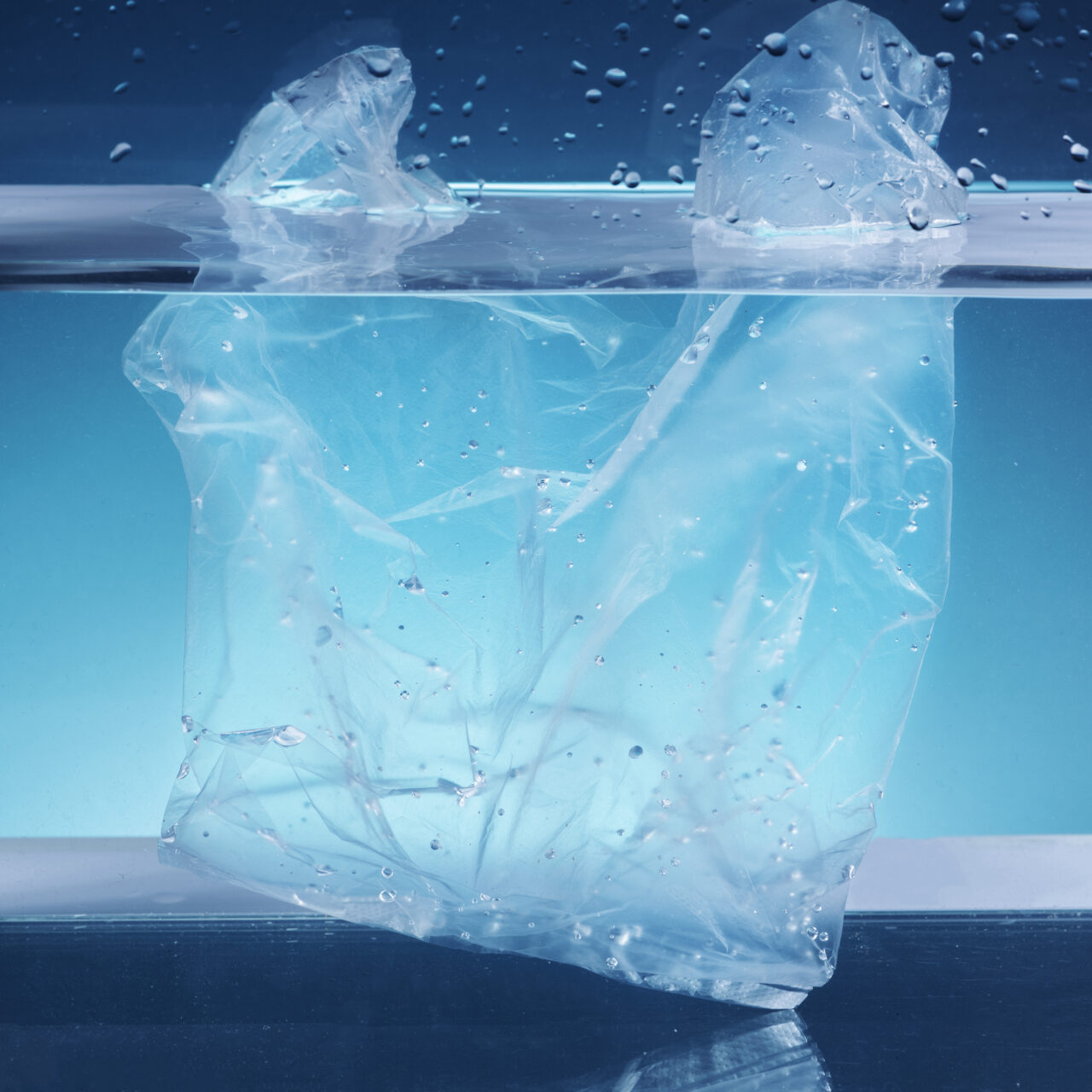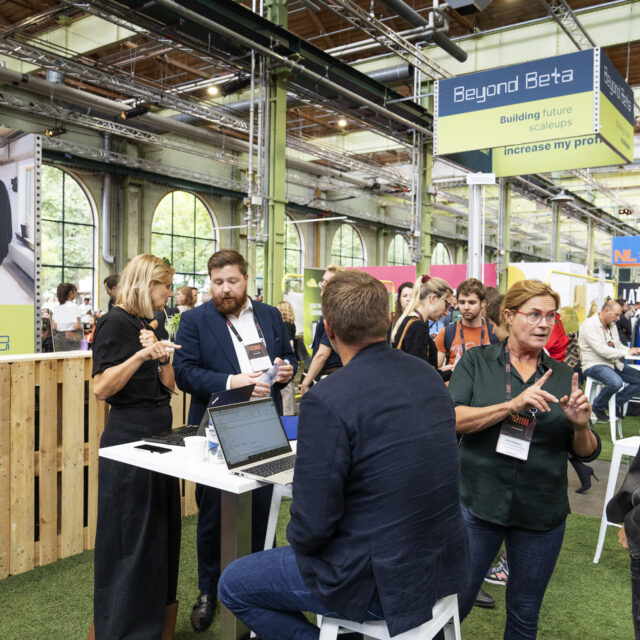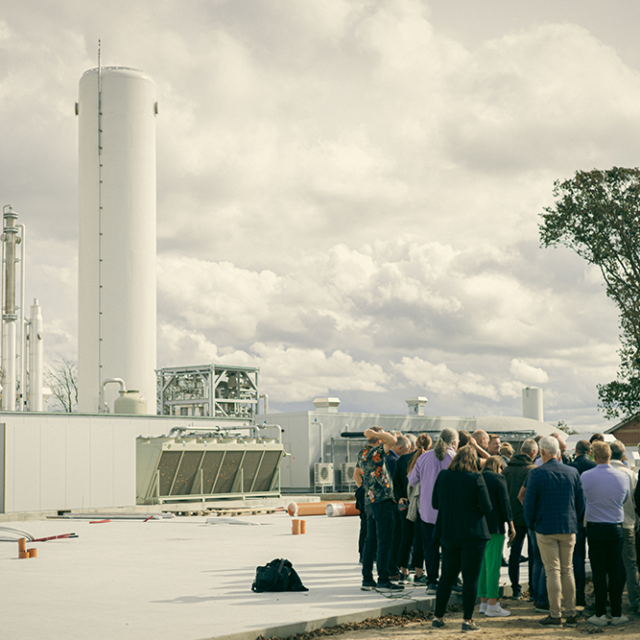COP – Cirkular Ocean-Bound Plastic
Ocean plastic pollution is a global problem that has serious consequences for marine wildlife and biodiversity, e.g. through entanglement, toxicity from hazardous substances and ingestion of plastic.
This greatly affects the local ecosystems in the South Baltic Sea. Plastic and residual waste that reaches the South Baltic Sea originates from both land- and sea-based sources and breaks down over time into microscopic plastic particles.
80% of the plastic waste that ends up in the ocean originates from land-based sources, including urban areas. The waste primarily reaches the sea via waterways connected to urban maritime environments such as rivers, canals and harbours.
To prevent more (plastic) waste from ending up in this vulnerable ecosystem, there is an urgent need to create awareness and incentives to prevent it.
The purpose of the project
With the Interreg project Circular Ocean-Bound Plastic (COP), the focus will be on identifying problems and opportunities for the collection, recycling and/or reuse of seabed (plastic) waste. These efforts are supported through collaborations by identifying blue and green SMEs within the region that will either identify and/or co-create innovative collection methods for land- and sea-based streams of plastic waste.
Financing
The project is financed by Interreg South Baltic with funds from the European Regional Development Fund. Read more about Interreg here
CLEAN is responsible for the project and the project runs for 3 years.
Want to know more?
-

Anders Sloth Nielsen
Chief Project Manager
Tel +45 81 75 39 77
asn@cleancluster.dk
Linkedin
Other projects
All projects-
Trace
Trace contributes to Denmark reaching the national climate goals within the circular economy by 2050 with a focus on…
-
Beyond Beta – CleanTech Acceleration
In Denmark, we are among the world’s best at creating the framework for starting a business. However, newly…
-
CO2 Vision NeXt
The project is under the Lighthouse of Northern Jutland, CO2 Vision
-
Simply
Promoting pyrolysis implementation by adapting methods for assessing climate impact, goals, frameworks, and incentives.





